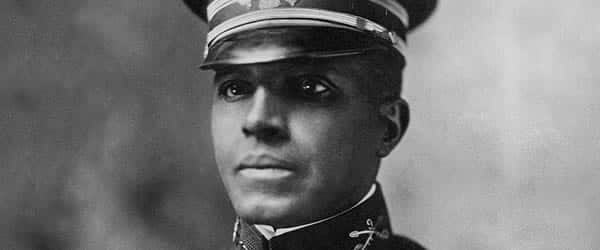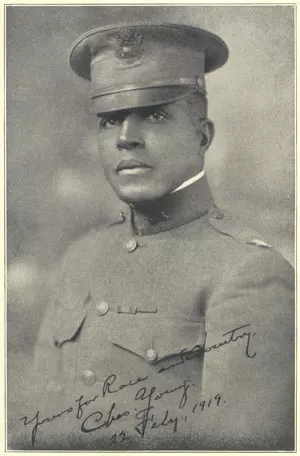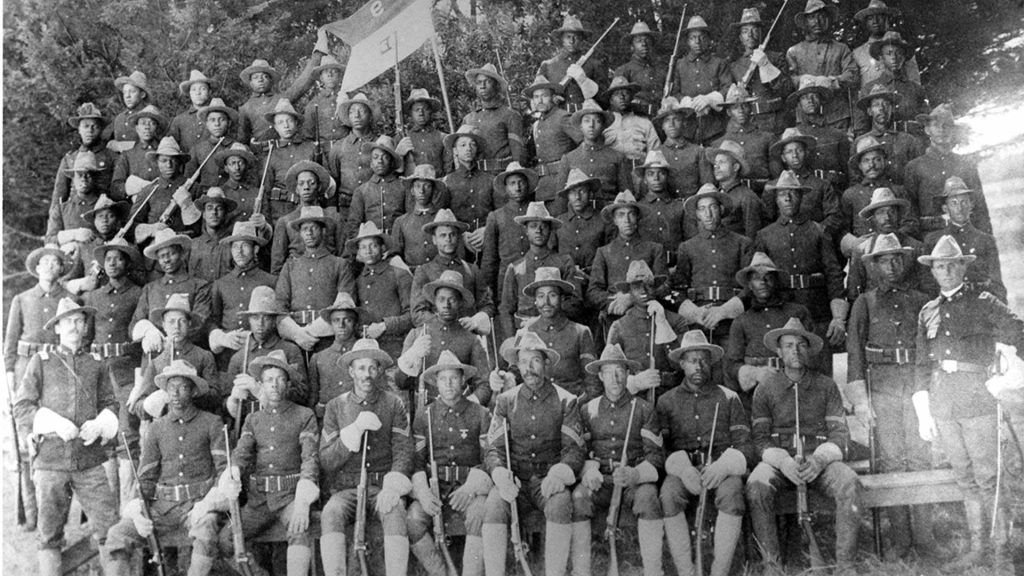Colonel Charles Young

As a soldier and civil rights leader, Colonel Charles Young overcame inequality to become a leading figure after the Civil War. His work ethic and devotion to duty supported his achievements in the face of racism and oppression, and his prominent career as an officer in the United States Army made him a popular figure of his own time and a role model for new leaders.
Charles Young overcame much in his youth, eventually becoming the third Black man to graduate with a commission from Military Academy at West Point (NY). In the late 1800s and early 1900s, when national park management was the responsibility of the US Army, Young took his troops, the Buffalo Soldiers, to what is now known as Sequoia & Kings Canyon National Parks. Here, Colonel Young became acting superintendent and made significant progress in increasing accessibility and regulation enforcement within the park.
Before the end of Young’s time in the park, he laid the groundwork for parkland acquisition. He recognized a few parcels within the park that private landowners claimed as their own. After initiating the complicated process of resolving these claimant issues, Young was able to ensure the preservation of the park and respect the private landowners’ rights.

A century later, the Park Trust continued Colonel Young’s preservation legacy by negotiating a deal in the 1990s to purchase the White Chief Mine, the only privately owned land located inside that part of the park.
It is important to highlight the contributions of Black men and women throughout U.S. history. Black History Month allows us to pause, reflect on, and shine a bright light on these extraordinary stories each year. We are grateful to Colonel Young for his work to safeguard our national parks and provide access to these iconic spaces – the core tenets of our mission.

Photos from National Park Service or Library of Congress







